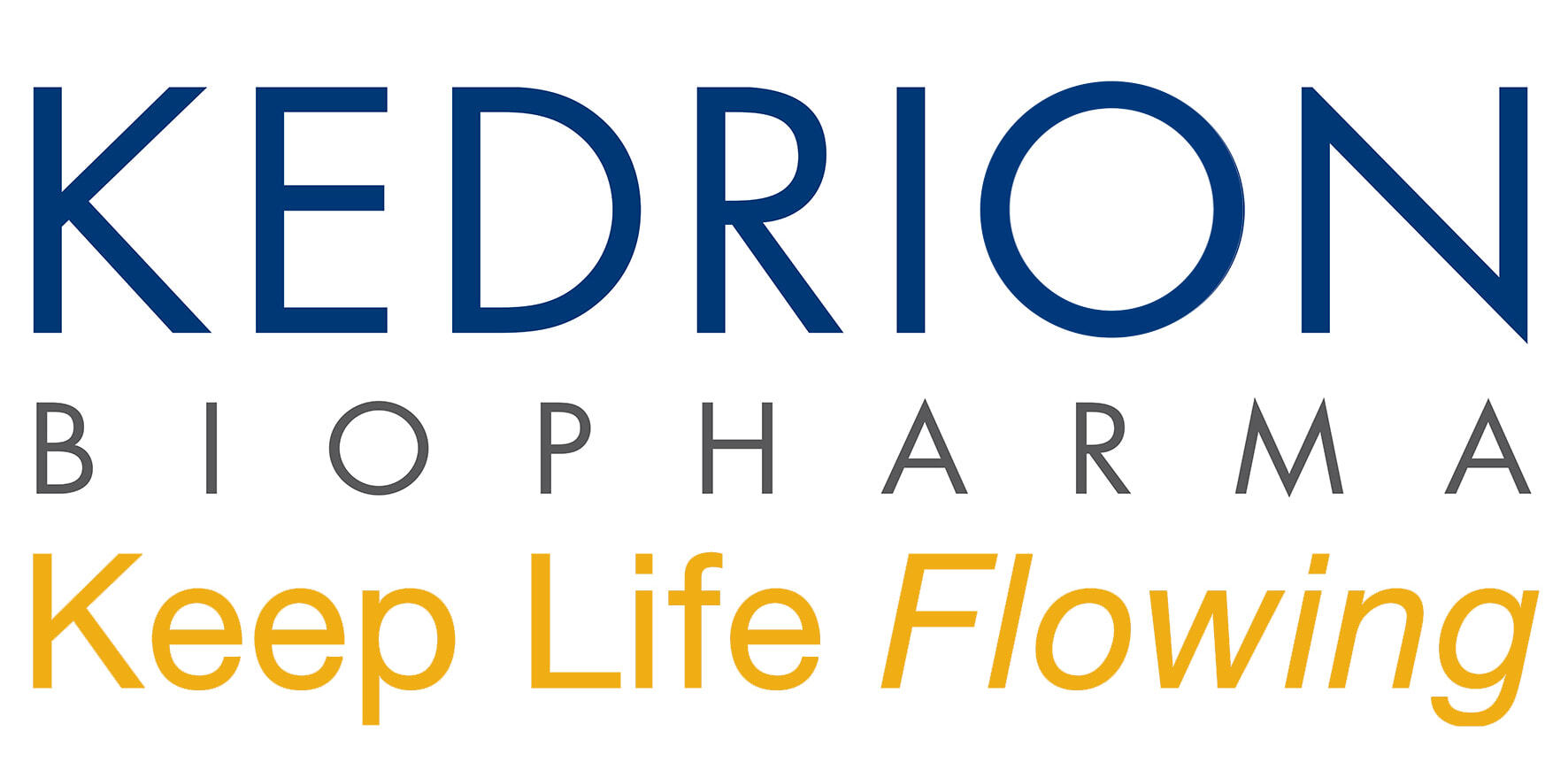Kedrion Biopharma, an international biopharmaceutical company specialized in the manufacture and distribution of plasma-derived therapeutic products used in treating rare and serious diseases, announced that the first patient has been enrolled in the KIDCARES10 (KIg10 in peDiatric subjects: effiCacy, sAfety and phaRmacokinEticS of a 10% IG) clinical trial.
KIDCARES10 is a phase III, open-label, prospective, multi-center study that will assess efficacy, safety, and pharmacokinetics of a 10 percent intravenous immunoglobulin (IVIG) in pediatric patients aged 2 to 17 years who are affected by primary immunodeficiency disease (PI). PI, a rare disease affecting approximately250,000 people in the United States, is a group of disorders in which a part of the body’s immune system is missing or does not function properly.
“Many pediatricians who see patients diagnosed with primary immunodeficiency share a common goal, which is to gain an even broader understanding of the efficacy and safety of administering immunoglobulin treatment to children affected by this condition,” said Principal Investigator, Prof. Chiara Azzari, Azienda Ospedaliero-Universitaria Ospedale Pediatrico Meyer Dipartimento Assistenza Integrata (DAI) di Pediatria Internistica. “For this reason, today’s news about the first patient being enrolled in KIDCARES10 is certainlywelcome and exciting.”
“The KIDCARES10 Study is another important clinical research endeavor for Kedrion Biopharma,” said Novinyo Serge Amega, M.D., head of U.S. Medical Affairs at Kedrion Biopharma. “Focusing as it does onpediatric patients who have been diagnosed with primary immunodeficiency disease, this trial could certainly yield valuable insights into how best to treat children who have been diagnosed with this rare and serious disorder.”
According to analysts, the global plasma-derived immunoglobulin market is expected to exceed $18B by the end of 2025. Kedrion Biopharma is one of several companies that supply immunoglobulin therapies topatients in Italy and other locations around the world.
About the KIDCARES10 Trial
KIDCARES10 (KIg10 in peDiatric subjects: effiCacy, sAfety and phaRmacokinEticS of a 10% IG), a phase III, open-label, prospective, multi-center study will assess the efficacy, safety, and pharmacokinetics of KIG10, a 10 percent intravenous immunoglobulin (IVIG), in pediatric patients aged 2 to 17 years and affected by primary immunodeficiency disease (PI) over a period of 13 months.
The primary efficacy objective of KIDCARES10 is to assess the efficacy of KIg10 administered to patients with PI to demonstrate that the rate of acute serious bacterial infections (i.e., the mean number of acute serious bacterial infections per patient-year) is less than 1.0 to provide substantial evidence of efficacy from day 1 to week 51/52. The primary safety objective is to assess the safety of KIg10 in the overall study population from day 1 to week 51/52.
Pharmacokinetic objectives of KIDCARES10 are to: assess distribution, metabolism, and elimination of KIg10 total IgG, IgG subclasses, and antigen-specific IgGs at steady state in pediatric PI patients with different dosing schedules; evaluate trough concentrations of total IgG and compare to troughconcentrations prior to the study entry.
The primary efficacy endpoint of KIDCARES10 is the incidence rate (i.e., the mean number per patient-year) of acute serious bacterial infections [bacterial pneumonia, bacteremia/sepsis, bacterial meningitis, visceral abscess, osteomyelitis/septic arthritis] according to pre-specified criteria.
Primary safety endpoints of KIDCARES10 include clinical measures such as the incidence and seriousness of adverse events (AEs) within the study subject group, and changes in subjects’ vital signs, physical examinations, and laboratory measures (hematology, serum chemistry and urinalysis) from day1 to week 51/52.
About Primary Immunodeficiency (PI)
Primary Immunodeficiency (PI) is an umbrella term for a group of more than 350 rare and chronic disorders in which part of the body’s immune system is either missing or not functioning properly. PI disorders are not contagious. Rather, they are caused by hereditary or genetic defects. PI can affect anyone, regardless of age or gender. Approximately 250,000 people are diagnosed with PI in the United States.
